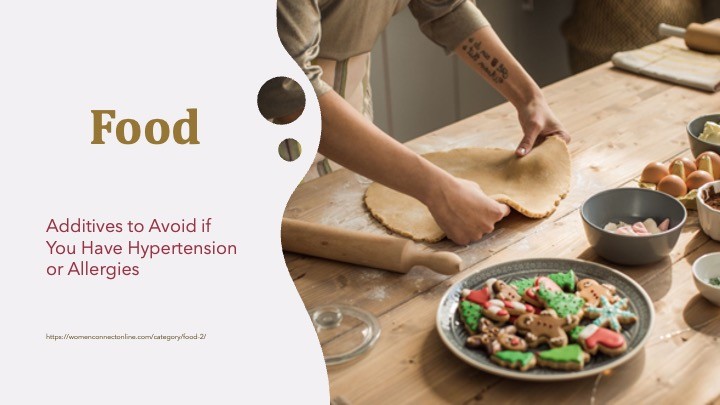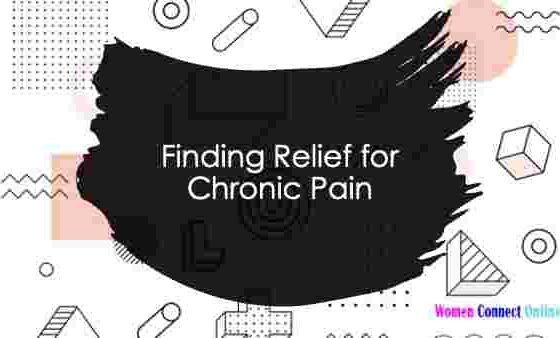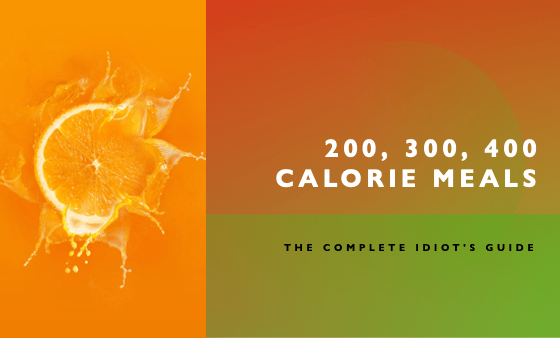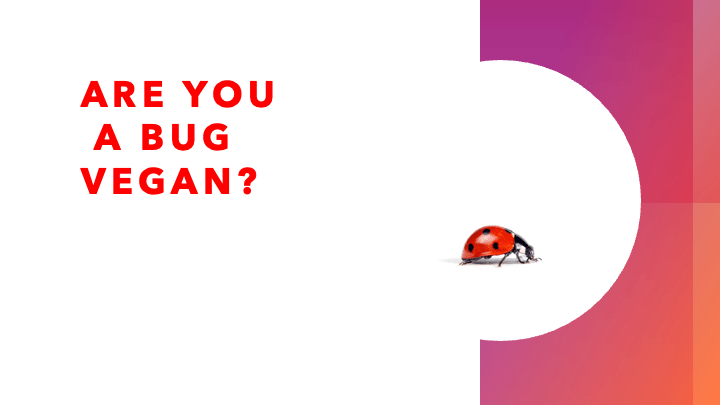5 Food Additives to Avoid if You Have Hypertension or Allergies

Sometimes your allergies seem out of control; you may ask yourself where your allergies are coming from. Every year, the list of additives in processed food gets longer. It may seem daunting to check each additive to see if it is safe. Not all additives are harmful. Foods require them to prolong shelf life and maintain their nutritional value. The more you rely on processed food, the more you consume additives in large quantities the more susceptible you are to health risks. The word “food intolerance” affects individuals on many different diets, whether you are vegan, on a gluten-free diet, or lactose intolerant.
Below are some additives you should avoid if you have hypertension or allergies.
Sulphites
Sulphites preserve freshness in food and stop food from turning brown. People who cannot tolerate this additive experience asthma, diarrhea, hay fever and hives. Sulphites cannot be reduced or removed by washing or cooking the food. Sensitive individuals who regularly use cosmetics or topical medications containing sulphites have been reported to exhibit chronic skin symptoms. This additive can be found in:
- Bottled drinks
- Dried fruit and dried vegetables
- Delicatessen meats, mince meat, sausages
- Hair colours and bleaches, creams, and perfumes.
Carmine
Carmine is a controversial red food colouring made from a dried insect. This colouring has been used in cosmetics, drinks, red yogurt, and popsicles. Individuals have reported the following reactions:
- Allergies
- Asthma
- Facial swelling.
HYDROGENATED OIL
It increases shelf life, improves taste and is a common ingredient in many processed foods. It can cause diabetes and increase your cholesterol. Bad cholesterol can clog and hardens your arteries, leading to a higher risk of blood clotting, heart attack, or stroke. Look for foods with low hydrogenated vegetable oil content. Some of the most common sources of hydrogenated vegetable oils include:
- Margarine
- Fried foods
- Baked goods
- Vegetable shortening
- Potato chips
- Packaged snacks.
Aspartame
Aspartame is an artificial sweetener that is most commonly used in diet soda. It can also be found in sugar-free products and yogurts.
Some Individuals have reported experiencing allergic reactions such as respiratory allergies, hives and skin eruptions. Others have reported getting cancer and having seizures.
MSG
MSG is used to enhance the flavour of food. MSG is used in many common foods, including seasonings, soups, fast food and condiments.Individuals have reported experiencing the following reactions:
- Hives
- Chest Pain
- Nausea
- Diabetes.
Other names for MSG are the following:
- Monosodium glutamate
- Maltodextrin
- Sodium caseinate
- Autolyzed yeast
- Autolyzed vegetable protein
- Hydrolyzed vegetable protein.
- yeast extract
- citric acid.
Food additives are everywhere, so they may seem impossible to control. By reading the labels and tracking, we can manage the number and amount of harmful additives we eat daily. As well, we can substitute unhealthy foods with other foods.
Article sources and references
National Library of Medicine, Hassan Vally1,2 and Neil LA Misso, Accessed Sept 2022
https://www.ncbi.nlm.nih.gov/pmc/articles/PMC4017440/
Carmine (E120) – Overview, Uses, Side Effects & More, Matiss Dzelve, Accessed Sept 2022
https://healthknight.com/carmine-e120-side-effects-benefits
What Is Hydrogenated Vegetable Oil? Accessed Sept 2022
https://www.healthline.com/nutrition/hydrogenated-vegetable-oil#food-sources
Foods High in MSG, Accessed Sept 2022
https://www.webmd.com/diet/foods-high-in-msg







